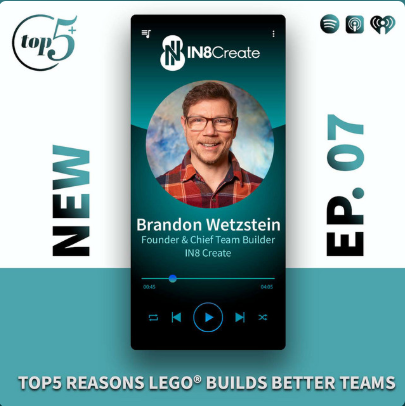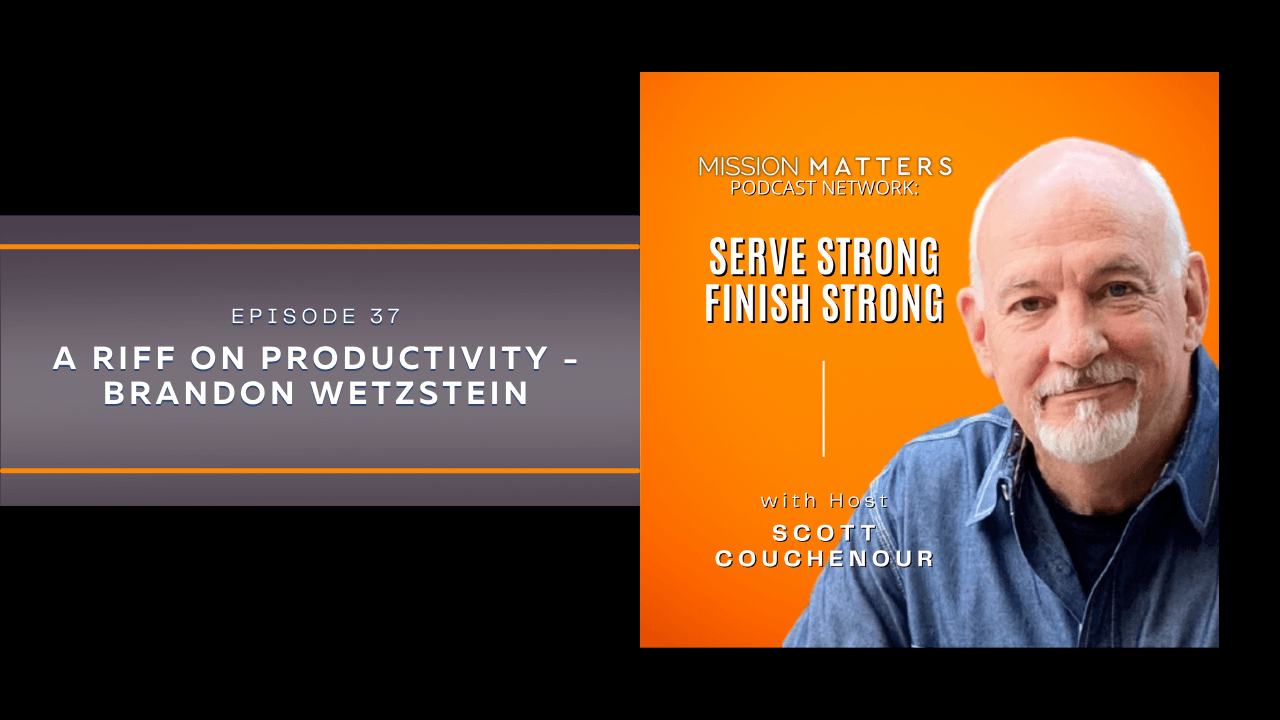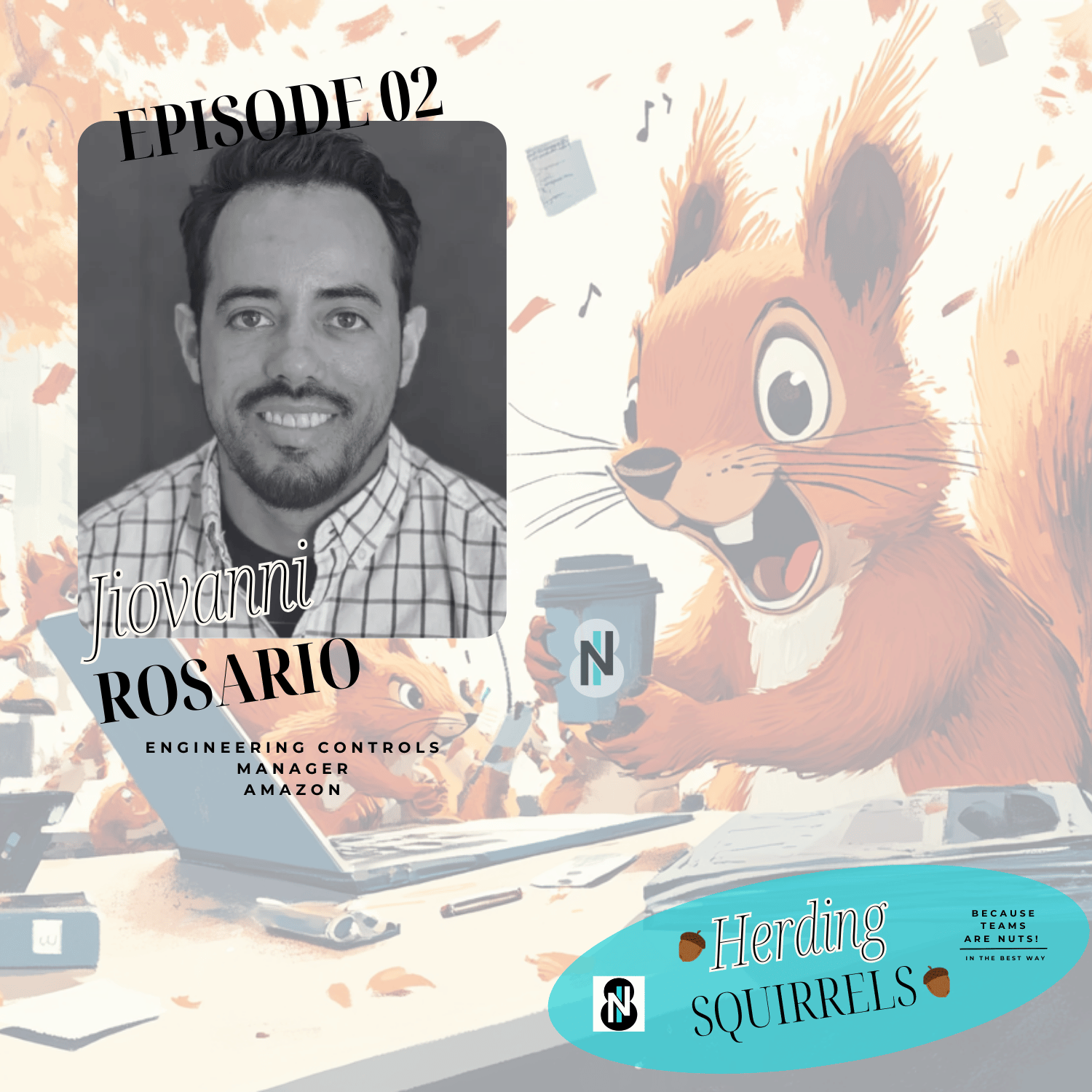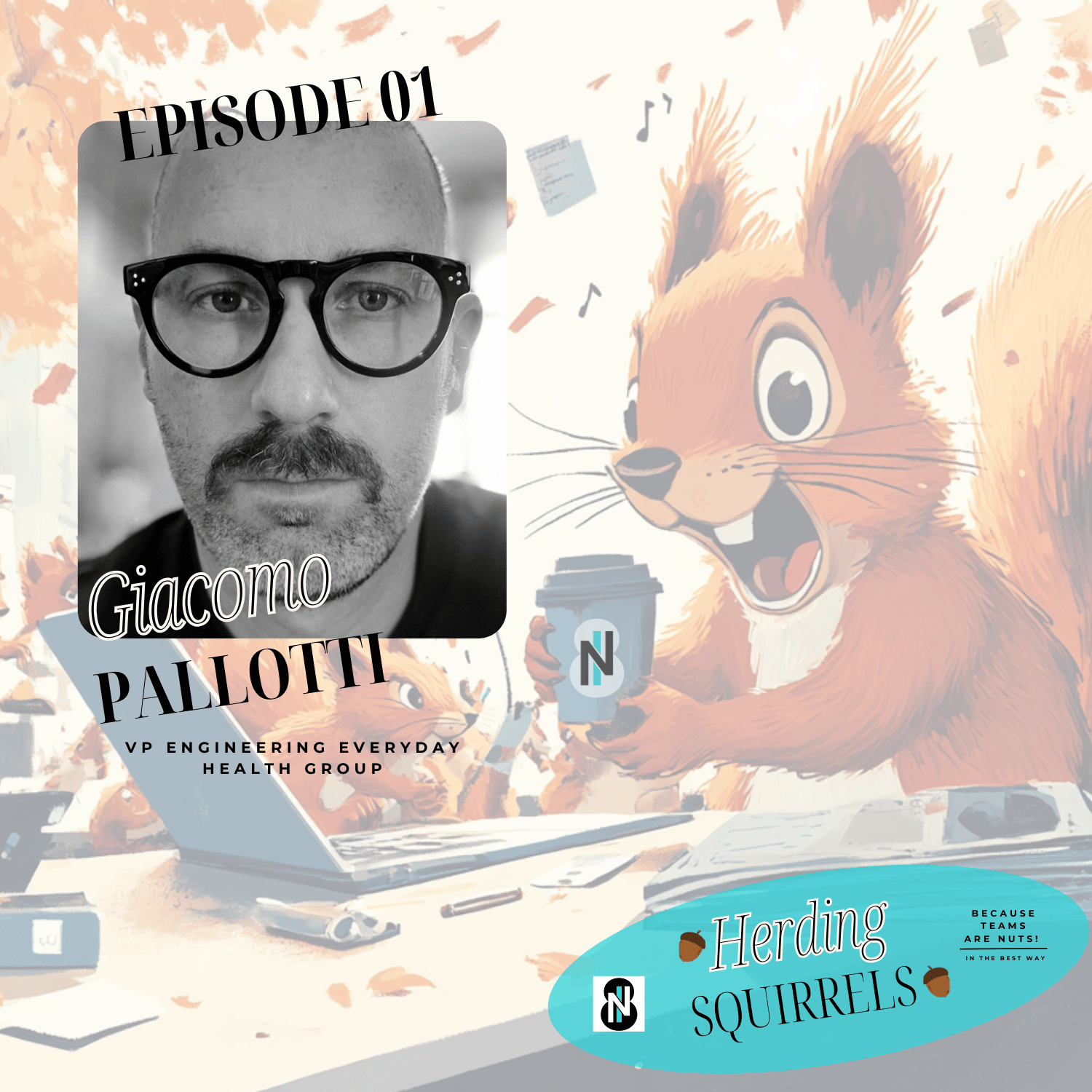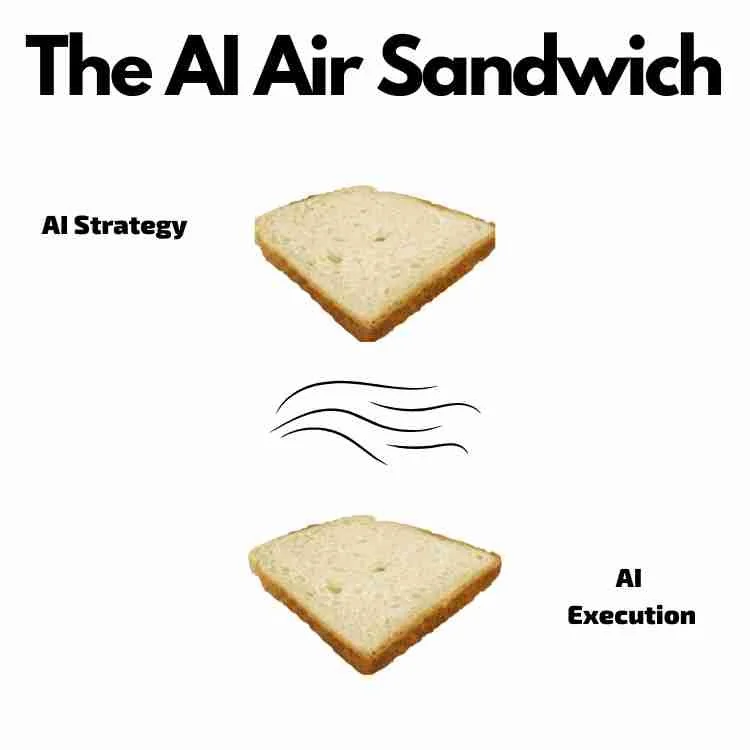
Insights
Top5 Reasons LEGO Builds Better Teams
Brandon Wetzstein, Founder & Chief Team Builder at IN8 Create, joins Tara Thurber to share his Top5 Reasons LEGO® Builds Better Teams.
IN8 Create leverages LEGO® Serious Play® to engage participants in sharing stories about themselves in a fun and psychologically safe way.
Diminished Consciousness of Self
Inverted Persuasion
Equitable Expression
Curious Listening
Time Compression.
Your Work Friends: How Top Companies Use Play to Win
Brandon Wetzstein has helped transform teams at major organizations by tapping into the power of strategic play. In this episode, he breaks down why traditional "serious" approaches often lead to mediocre solutions, and how structured play can break through conventional thinking to unlock breakthrough ideas..
Guest Appearance: Brandon Wetzstein on Serve Strong Finish Strong
Look around you. Everything you see was not only an idea at one point, but an idea that was implemented.
When you go to implement, your greatest opportunity is in how productive you are. Luckily, my guest and I delve into a bunch of ideas and principles related to productivity.
Herding Squirrels Ep 02
In this episode, host Brandon welcomes Giovanni Rosario, Controls Engineering Manager at Amazon. Using LEGO Serious Play methodology, they explore Giovanni's journey from individual contributor to leader, discussing team dynamics, leadership challenges, and strategies for effective management.
Herding Squirrels Ep 01
In our inaugural episode of Herding Squirrels, we welcome Giacomo Pallotti, VP of Engineering at Everyday Health Group, for a conversation about engineering leadership, team dynamics, and personal growth - all explored through the creative lens of LEGO Serious Play methodology.
The Gap Between AI Strategy and AI Execution
Some people naturally excel with AI tools, while others struggle to find value. By framing AI adoption as exploratory—where LEARNING is the primary outcome—organizations can change the conversation entirely.
Why Great Leaders Celebrate When Team Members Move On
Many managers fall into the trap of optimizing only for their immediate team—the subsystem they directly control. This makes sense on one level; you're evaluated on your team's performance.
But truly exceptional leaders understand that subsystem optimization can lead to overall system degradation. If every manager hoards talent, the organization stagnates. If teams become too comfortable, growth opportunities diminish.
Building Stronger Connections In Teams
That candy shell exists for a reason. It's protective, safe. If people reveal their chocolate, they could be hurt, altered, or worse - melted! The professional personas we build around ourselves serve a similar purpose. They're carefully crafted to present the version of ourselves we believe will be most successful in our work environment.
Releasing Childlike Creativity in Teams
If you step back and watch adults work on something together, these CHILD-like actions become very clear. After running over 100 workshops, I've seen these patterns so consistently that I now know certain moments to look for - like when the extrovert decides to take over the group, or my favorite, the anticipatory smile when people first get their LEGO kit.
Teams and Systems Thinking
Systems thinking isn't intuitive for most people. We naturally focus on what's directly in front of us. That's why deliberate effort to build systems literacy pays such enormous dividends.
Teams that understand systems principles:
Make better decisions because they consider ripple effects
Collaborate more effectively with other teams
Identify and address root causes rather than symptoms
Create sustainable solutions rather than quick fixes that create long-term problems
Team Trust Is Built in Moments Most People Miss
We create mental shortcuts about these people, usually based on very limited information, and those definitions influence our collaboration moving forward. Often, these snap judgments become self-reinforcing cycles that can be difficult to break.
When Teams Unite Under Pressure
These scenarios never cease to amaze me because of how deeply connected they make us feel. They tap into our identity as valued members of our work community, and when that community faces a crisis, people respond instinctively. This might mean staying late, contributing extra effort, or stepping outside comfort zones to help the team succeed.


